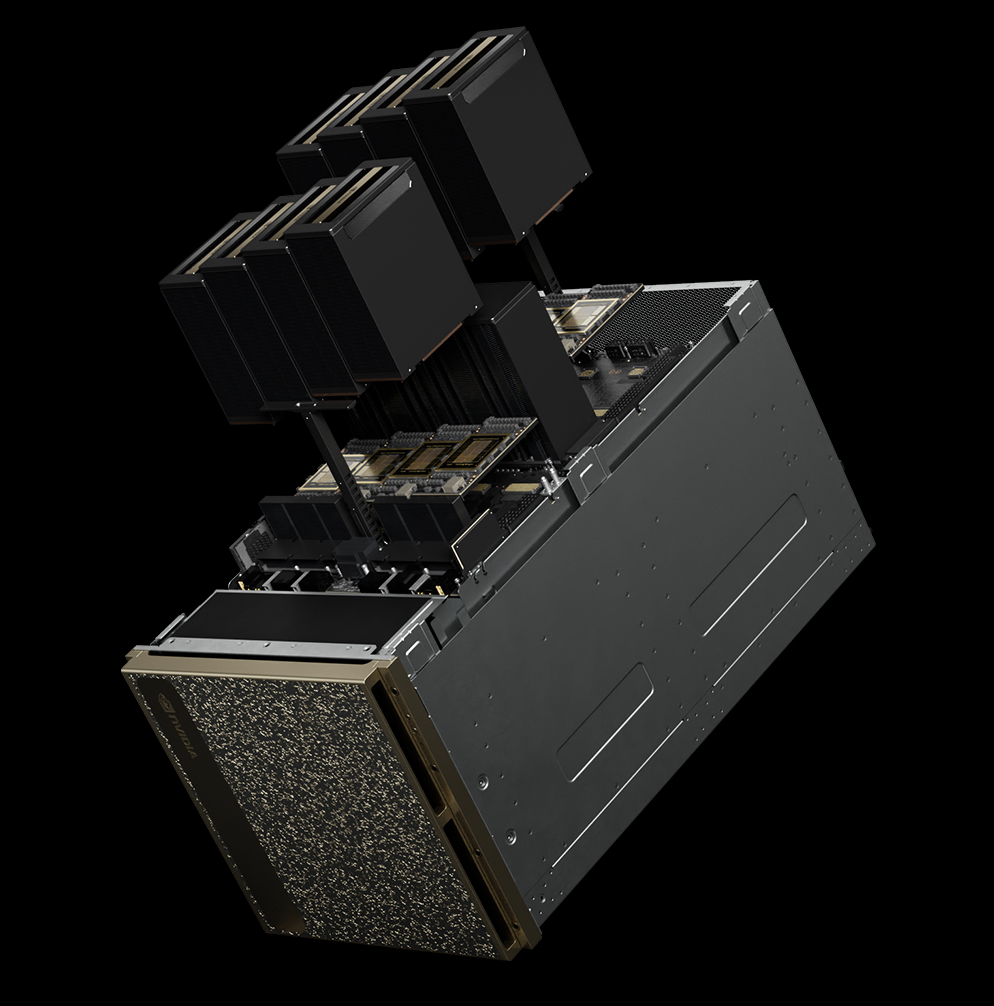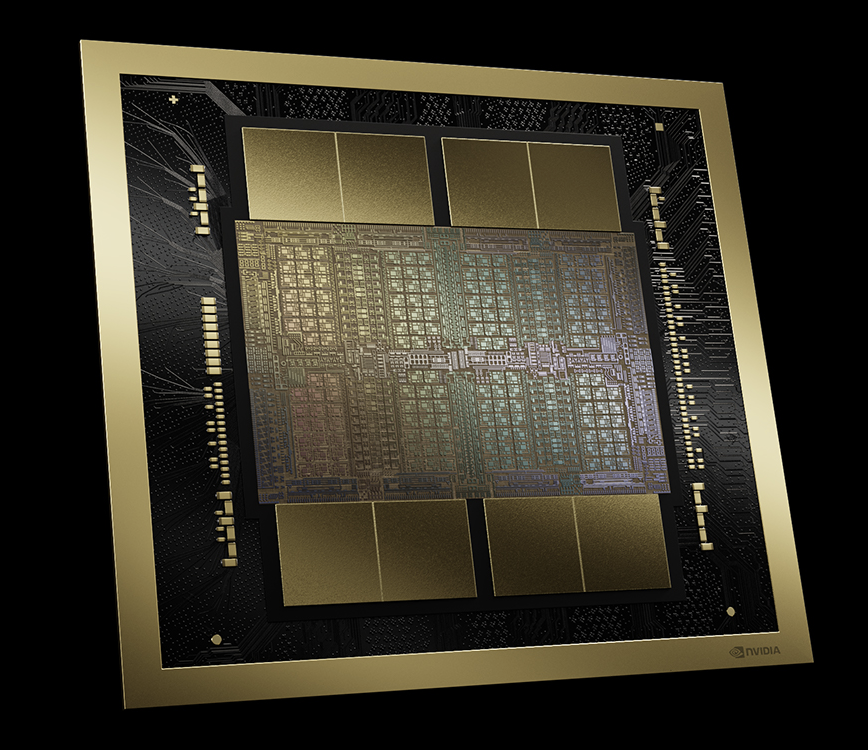New Chip Aims to Navigate U.S. Export Controls and Boost Market Presence
- Nvidia is creating a version of its new “Blackwell” AI chips for the Chinese market.
- The chip, named “B20”, will comply with current U.S. export regulations.
- Nvidia collaborates with Chinese distributor Inspur for the chip’s launch and distribution.
Nvidia, a leading name in AI and graphics processing, is gearing up to introduce a specialized version of its latest flagship AI chip series, Blackwell, tailored specifically for the Chinese market. This move aims to navigate the stringent U.S. export controls imposed on advanced semiconductor technologies to China. According to four sources familiar with the matter, Nvidia’s initiative underscores its strategy to maintain a strong foothold in China amidst increasing regulatory pressures.

Blackwell Chip Series and Its Capabilities
In March, Nvidia unveiled the Blackwell chip series, set for mass production later this year. These new processors are notable for their significant advancements in AI capabilities. The B200 chip, a prominent member of this series, boasts a performance that is 30 times faster than its predecessor in specific tasks like chatbot response generation. This leap in performance highlights Nvidia’s continuous innovation in the AI domain.

For the Chinese market, Nvidia plans to introduce a version of the Blackwell series chip named “B20”. Collaborating with Inspur, a major distributor partner in China, Nvidia is poised to launch and distribute the B20 chip, with shipments expected to commence in the second quarter of 2025.
Navigating U.S. Export Controls
The development of the B20 chip is a strategic response to the U.S. government’s tightened export controls on semiconductors to China, aimed at preventing advancements in supercomputing that could bolster China’s military capabilities. These controls have significantly impacted the semiconductor landscape, pushing companies like Nvidia to adapt their strategies to comply with regulations while continuing to serve the Chinese market.
Nvidia’s proactive approach includes tailoring chips specifically for China to ensure compliance with export controls. This strategy not only helps Nvidia maintain its market presence but also fends off growing competition from Chinese tech giants like Huawei and startups such as Enflame, which have been gaining traction in the domestic AI processor market.
Market Impact and Expectations
China accounted for approximately 17% of Nvidia’s revenue for the fiscal year ending January, a decrease from 26% two years prior, reflecting the impact of U.S. sanctions. Despite these challenges, Nvidia’s most advanced chip for the Chinese market, the H20, has seen a turnaround in sales after a slow start. With growing demand, Nvidia is on track to sell over 1 million H20 chips in China this year, estimated to be worth upwards of $12 billion according to research group SemiAnalysis.
The introduction of the B20 chip is expected to further boost Nvidia’s market position in China. This move is also timely as the U.S. government continues to pressure its allies, such as the Netherlands and Japan, to tighten restrictions on semiconductor equipment exports to China. Moreover, the Biden administration is considering additional measures to place guardrails around advanced AI models, potentially influencing global semiconductor supply chains.
Broader Implications for the Semiconductor Industry
Nvidia’s strategy to develop compliant chips for China highlights the broader challenges and opportunities in the semiconductor industry under current geopolitical tensions. As U.S. export controls evolve, semiconductor companies must navigate a complex landscape of regulations while continuing to innovate and meet market demands.
The potential for additional U.S. measures, such as the foreign direct product rule, which could prevent the sale of products made using American technology, adds another layer of complexity for global semiconductor firms. This regulatory environment underscores the need for companies to develop flexible strategies to sustain their growth and market presence.
Nvidia’s development of the B20 chip for the Chinese market illustrates the company’s adaptive strategy in response to stringent U.S. export controls. By collaborating with local partners and ensuring compliance with international regulations, Nvidia aims to maintain its competitive edge in a critical market. As geopolitical dynamics continue to shape the semiconductor industry, Nvidia’s proactive approach sets a precedent for other companies navigating similar challenges.
